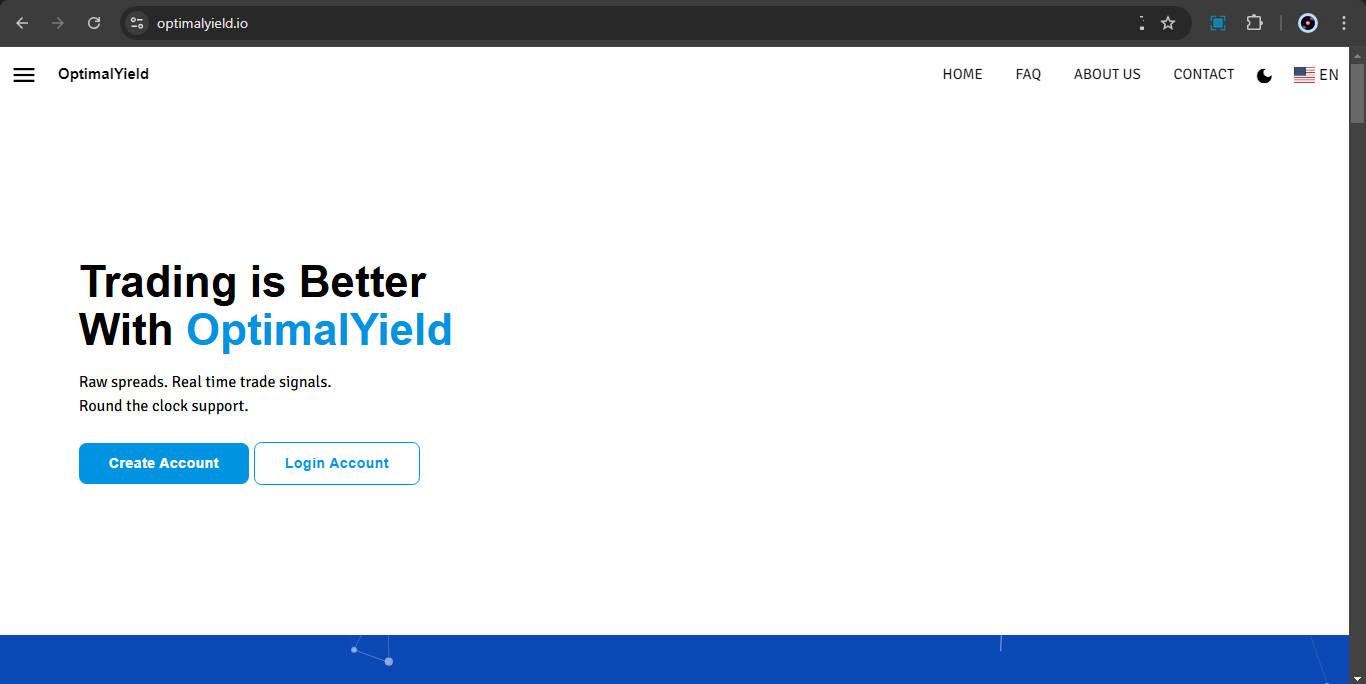- This topic has 0 replies, 1 voice, and was last updated 1 year, 3 months ago by .
Telegram Scam using Cryptocurrency.
We have received reports of a sophisticated scam targeting individuals through Telegram, involving a person operating under the name Mark Johnson and the website optimalyield.io. The deceptive approach begins with convincing promises and reassurances, creating a false sense of security. Communication is conducted exclusively via Telegram, avoiding any verifiable platforms or identities. The scheme typically escalates once victims attempt to withdraw their initial deposits or perceived gains.

In this particular instance, victims were lulled into a false confidence, as Mark Johnson never requested any official documentation or identity verification—a significant red flag when dealing with legitimate financial services. There was also a complete absence of any service agreements or formal contracts, further indicating that the operation was anything but aboveboard. The critical moment of realization occurred when withdrawal requests were met with obstruction, specifically the manipulative phrase: “You can’t withdraw anymore until you deposit.” This tactic leverages urgency and pressure to coerce additional funds, trapping victims in an endless cycle of deposits with no payout.
The associated cryptocurrency addresses linked to this scam are numerous, emphasizing the scale and potential reach of this fraudulent operation. Key among them is the repeated use of the address:
 bc1qwex4un9lvtv2f6dawr36hs7tgr09cegfdrq9x9
bc1qwex4un9lvtv2f6dawr36hs7tgr09cegfdrq9x9 
, appearing in multiple transactions, which could indicate either a centralized receiving wallet or coordinated syndicate activities. Another address, 3ELdpg1eykq4jirSz9pvNYiUVs2epnUjAY, has also been noted, suggesting further diversification in the network used by these fraudsters to obscure their traces.
What sets this scam apart is its reliance on psychological manipulation rather than overtly complex tactics. By withholdingwithdrawal access and linking it to new deposits, the perpetrators aim to erode your resolve and coerce compliance. The avoidance of formal agreements and due diligence protocols—such as identity verification—points strongly toward a scam operation.
Our conclusion is clear: if you encounter such practices where withdrawal is conditioned upon further deposits, it is almost certainly fraudulent. We urge you to approach any unsolicited offers with extreme caution and to verify the authenticity of any financial interaction before proceeding. Should you recognize any of these warning signs or the addresses mentioned, report them immediately to relevant authorities and take action to protect yourself.
- You must be logged in to reply to this topic.